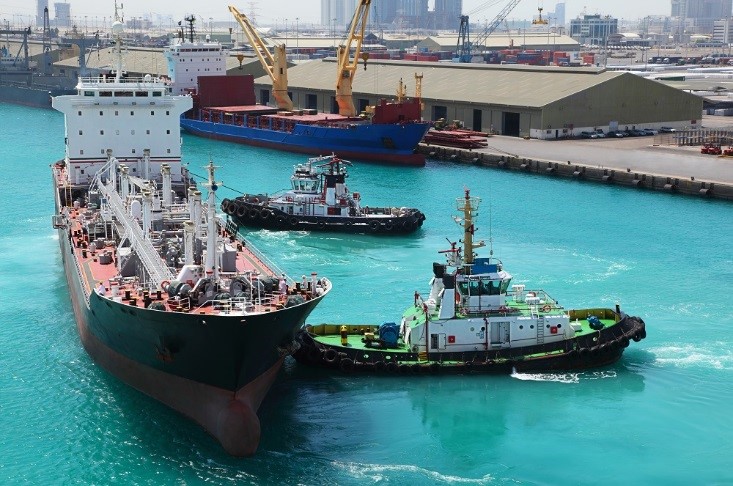Written by Marketa Pape,

Celebrated since 1978 as an official United Nations day, World Maritime Day draws attention to issues related to shipping safety and security, and the marine environment. The main debates and celebrations take place at the International Maritime Organization (IMO) headquarters in London during the last week of September. Since 2005, parallel events are held all over the world – last year hosted by Turkey, and this year, Panama.
The IMO – a United Nations specialised agency responsible for regulating international shipping – chooses a theme each year. This year focuses on ‘Connecting ships, ports and people‘, highlighting the vital cooperation among the many actors involved in shipping and logistics, and following on from the 2016 theme of ‘Shipping: indispensable to the world‘.
Maritime sector and sustainable development goals
Both themes are linked to the United Nations’ Sustainable Development Goals, which address the major challenges of today’s world: the growing population; threats to the environment and food security; climate change; and diminishing natural resources. While the link may seem rather loose, it is not. Shipping transports around 80 % of world trade, whether food, commodities, raw materials, or consumer goods. Without shipping, the modern economy, based on well-functioning imports and exports, would not be possible. With more than 50 000 merchant ships registered in over 150 countries and manned by more than a million seafarers from all over the world, shipping is an activity which requires global rules.
Creating these rules is IMO’s task. Over the past 50 years, the organisation has developed, agreed and adopted international regulations covering maritime safety, environmental protection, legal matters, and other areas. As a result, shipping has become safer, as well as more efficient and environment-friendly. The theme of the 2017 World Maritime Day points out that a well-functioning maritime sector, where shipping works in partnership with ports and is supported by governments, can significantly contribute to global stability and sustainable development.
The IMO and the EU
All Member States of the European Union are also IMO members and, as such, obliged to follow its rules. In addition to these, the EU has adopted its own body of maritime legislation over the years, mostly transposing international standards into EU law, to make them legally enforceable in EU waters. While following the developments in the IMO closely, the EU is – in some areas – more ambitious, however. This is particularly the case of EU efforts to reduce global emissions from shipping, strongly supported by the European Parliament. Nevertheless, the EU holds the view that adequate international standards, whenever feasible, are preferable to specific unilateral European solutions.
Recent EU legislative initiatives on maritime issues
In March 2017, Union legislators adopted a regulation on market access to port services, opening the way to more transparency in the ports sector. In June, the European Commission changed rules for state aid rules to ports to allow Member States to invest into sea and inland ports without prior notification.
Having reviewed the existing passenger ship safety legislation, the Commission proposed to adapt the EU safety rules and standards for passenger ships, digitalise the registration of persons on board, and strengthen the regime of inspections of ro-ro ferries and passenger craft. All three proposals have been finalised and will be voted in the September European Parliament plenary session.
As to the people working on board EU-flagged vessel, the Commission proposed to enshrine into EU law an agreement reached between social partners in the maritime sector in July 2017. The agreement seeks to ensure better protection for seafarers against abandonment in foreign ports, and strengthen their rights to compensation.
Changes to the rules governing port reception facilities, to make sure that waste from ships stopping at EU ports is collected and effectively treated, are expected to be published soon.








[…] Source Article from https://epthinktank.eu/2017/09/27/maritime-matters-matter-world-maritime-day-28-september/ […]